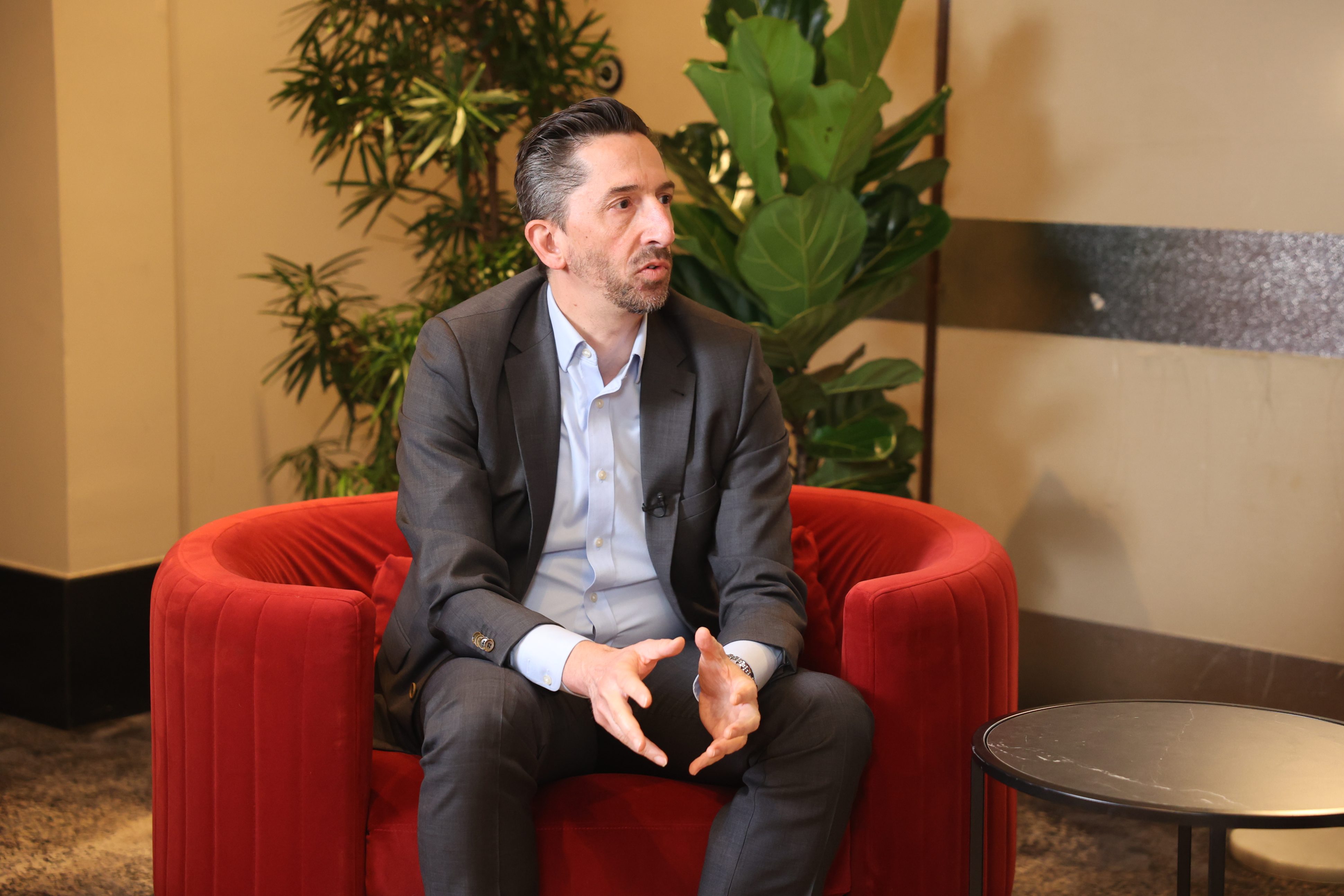Cyber Security in the AI and Quantum Age
Claudine Ogilvie, former CIO at Jetstar, Director Digital & Data at Compass APAC, active Board Member and Yvette Lejins, former CISO at Jetstar & Asciano discuss the future of cyber security, exploring topics such as AI, quantum computing, and beyond.Claudine Ogilvie, former CIO at Jetstar, Director Digital & Data at Compass APAC, active Board Member and Yvette Lejins, former CISO at Jetstar & Asciano discuss the future of cyber security, exploring topics such as AI, quantum computing, and beyond.
The discussion at ADAPT’s Security Edge highlights the transformative potential of quantum key distribution and the imminent challenges arising from the evolution of cryptographic algorithms.
The intricacies of quantum computing and its implications for cyber security means taking proactive measures to address these emerging threats is essential.
With a focus on the shifting landscape of cyber risks, Claudine and Yvette highlight the growing importance of aligning cyber security strategies with business priorities.
They discuss the maturation of cyber security as a business-facing role and its intersection with data privacy.
Moreover, they underscore the significance of preparing for the integration of AI and quantum computing into cyber security frameworks.
Recognising the heightened awareness among boards regarding cyber security risks, they emphasise the role of CISOs in advising boards on risk profiles and navigating the complexities of emerging technologies.
There are actionable steps that can be taken to address emerging cyber security challenges, particularly regarding AI and quantum computing.
Both stress the importance of conducting an environmental scan to understand data vulnerabilities and ensuring encryption systems are adaptable.
They advocate for setting up advisory groups to keep executives informed and advised proactive measures over reactive responses.
Despite the technological advancements, Claudine and Yvette highlight the critical role of human awareness and resilience in mitigating cyber risks.
There is the need for continuous preparedness in the face of evolving threats, encapsulating the urgency and complexity of navigating the cyber landscape.
Key Takeaways:
- The future of cyber security involves quantum key distribution replacing current public key infrastructure, while asymmetric cryptographic algorithms become partially or entirely unusable in 5 to 15 years, according to Forrester.
- With AI becoming ubiquitous, cyber security strategies need to shift towards proactive approaches, leveraging AI for anomaly detection, threat detection, and vulnerability management. Additionally, as quantum computing becomes more prominent, organisations must prepare with quantum-resilient algorithms and quantum key distribution to protect against future cyber threats.
- Reduce the number of encryption points in your environment to minimise your attack surface, focusing on identifying and then reducing these points strategically.






























